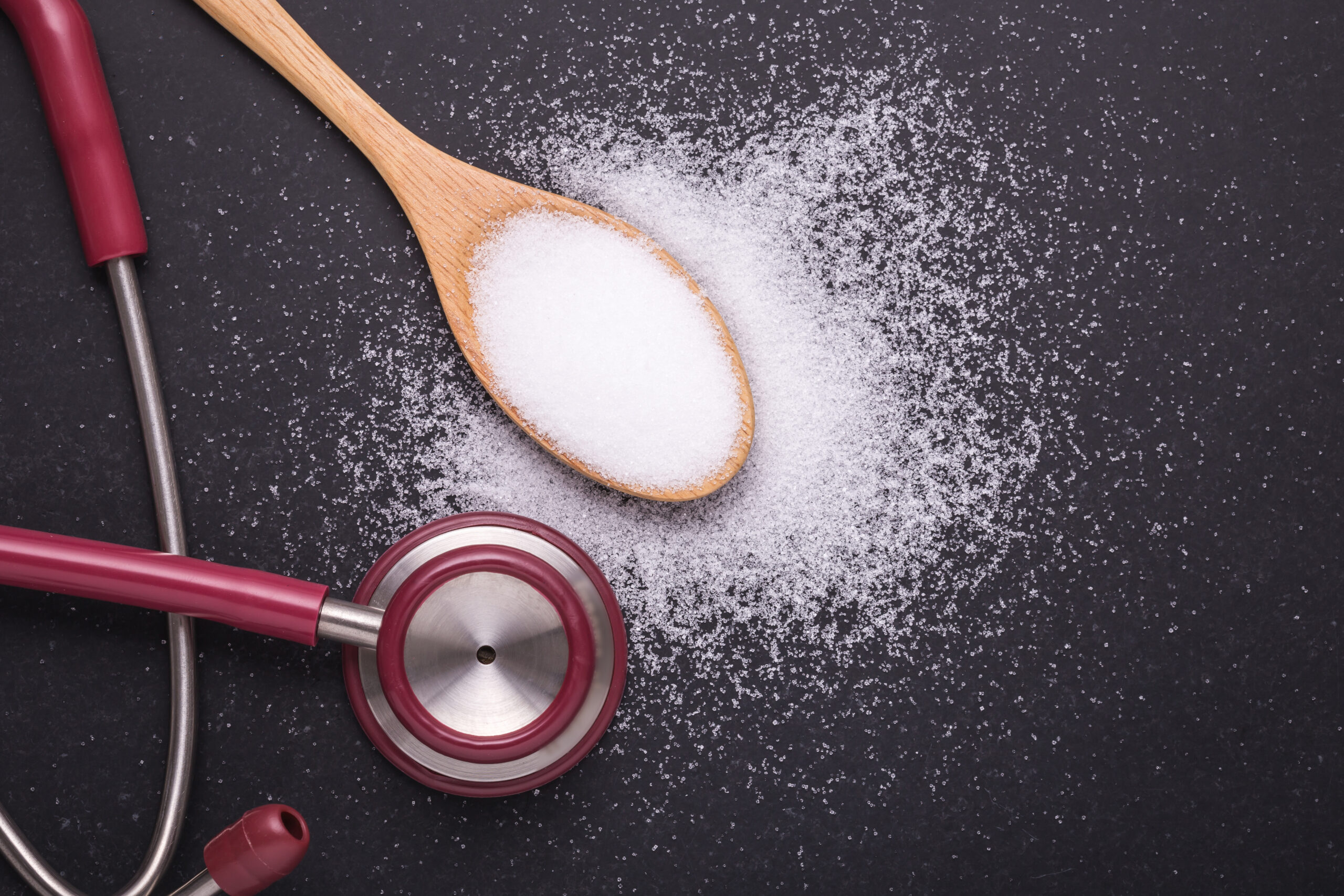Nearly 40% of Tennesseans have high blood pressure. Diet plays a major role in managing this condition, so watching what you eat can be important.
“High blood pressure, or hypertension, puts people at a greater risk for serious health conditions, including heart attack, heart failure, stroke and kidney disease,” says Leslie Cornett, a registered dietitian with BlueCross BlueShield of Tennessee. “Fortunately, you can help reduce your risks by managing your food consumption.”
Foods to limit
Leslie Cornett: People with high blood pressure should watch their sodium intake. Eating a lot of salt causes your body to retain a lot of fluids. As a result, the amount of fluid circulating through your blood vessels increases. That causes your blood pressure to increase, too.
If you have high blood pressure, you may want to avoid these foods — or at least eat them infrequently:
Fast food. Many of these options are fried or contain high amounts of additives, preservatives and salt. This is also true with a lot of restaurant food.
Processed meats. Salt is added to processed meats to preserve them, and to enhance flavor and color, improve texture, and retain moisture. Processed meats include sausage, bacon, pepperoni, salami and many lunch meats.
Pre-packaged foods. Think: microwaveable meals, frozen pizzas, etc. These packaged foods are convenient, but they’re often ultra-processed and use salt as a preservative.
Canned soup. Read the labels on the cans of soup. You may be surprised to see how much sodium they contain. If you can, buy a low-salt version instead.
Canned vegetables. Canned veggies are often preserved with salt. Try to buy no-salt-added versions or opt for fresh or frozen vegetables. If you use a canned version, drain and rinse the vegetables.
Certain condiments. Barbeque sauce, ketchup, salad dressing and soy sauce often have very high sodium content.
As you start to re-evaluate your diet, you may wonder, “What’s left for me to eat?” Fortunately, there are options that can help you maintain a healthy blood pressure. A heart-healthy approach to eating is one like the Mediterranean diet, which is rich in fresh vegetables and fruits, as well as healthy fats like olive oil, unsalted nuts, seeds, whole grains and lean protein. You can incorporate beans, lentils, and fresh herbs and spices for flavor. And yes, it’s fine to indulge in an occasional treat, like dark chocolate.
Healthy habits to embrace
Leslie Cornett: While watching your sodium intake, consider embracing habits to help manage your blood pressure:
- Avoid using salt at the table. If the temptation is too great, remove the saltshaker and leave the pepper shaker behind.
- Avoid using salt when cooking as much as possible. Some recipes call for much more salt than you need. If you need to use salt, try a small amount of sea salt.
- Use herbs and spices to season your foods. Try basil, ginger, dill, mint, lemon, paprika, thyme, or other herbs and spices for flavor.
- Exercise regularly. This helps strengthen your heart and helps keep your blood pressure down. Consult your physician before getting started with a routine.
More from Leslie Cornett on WellTuned
Get more information about specific health terms, topics and conditions to better manage your health on bcbst.com. BlueCross BlueShield of Tennessee members can access wellness-related discounts on fitness products, gym memberships, healthy eating and more through Blue365®. BCBST members can also find tools and resources to help improve health and well-being by logging into BlueAccess and going to the Managing Your Health tab.


